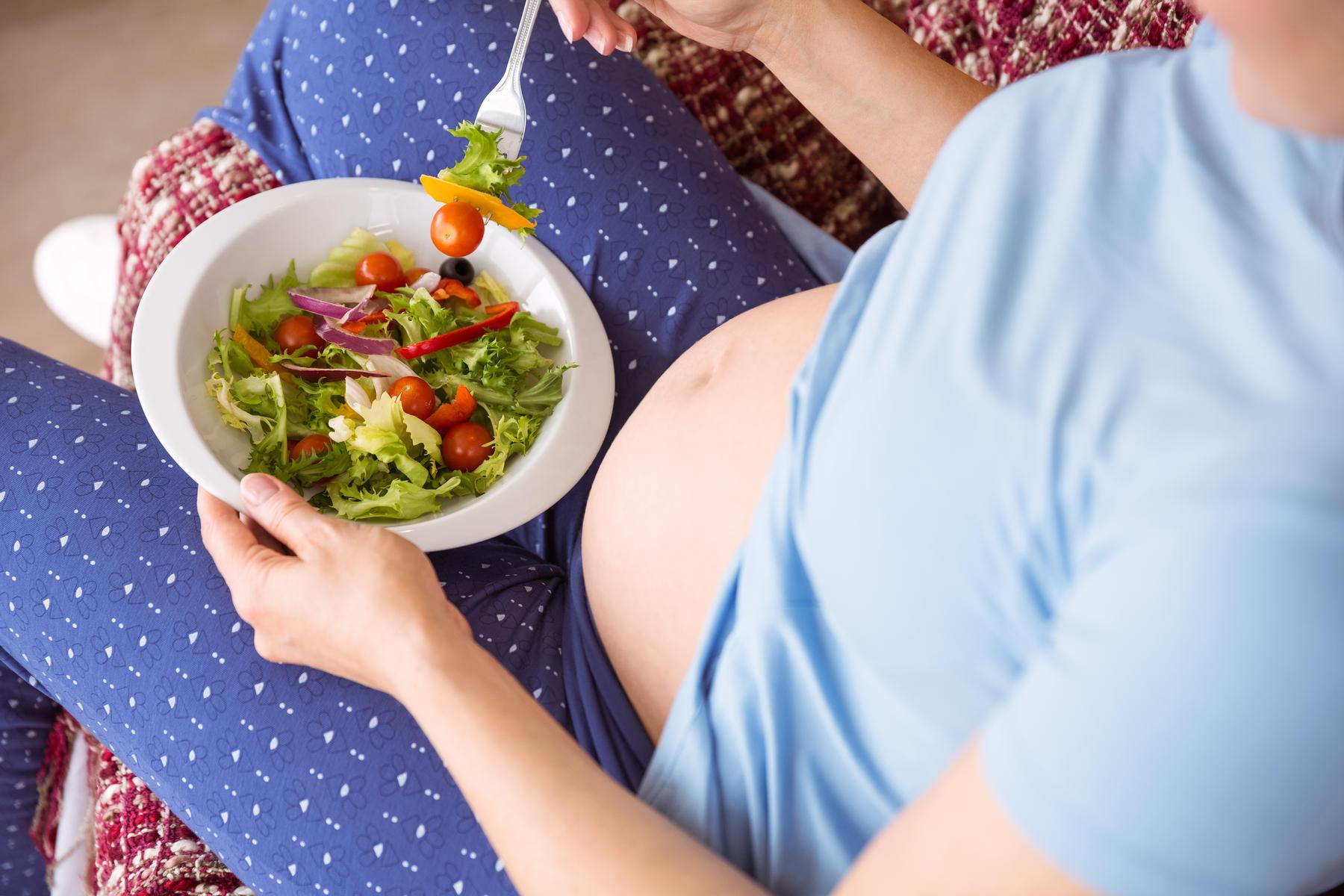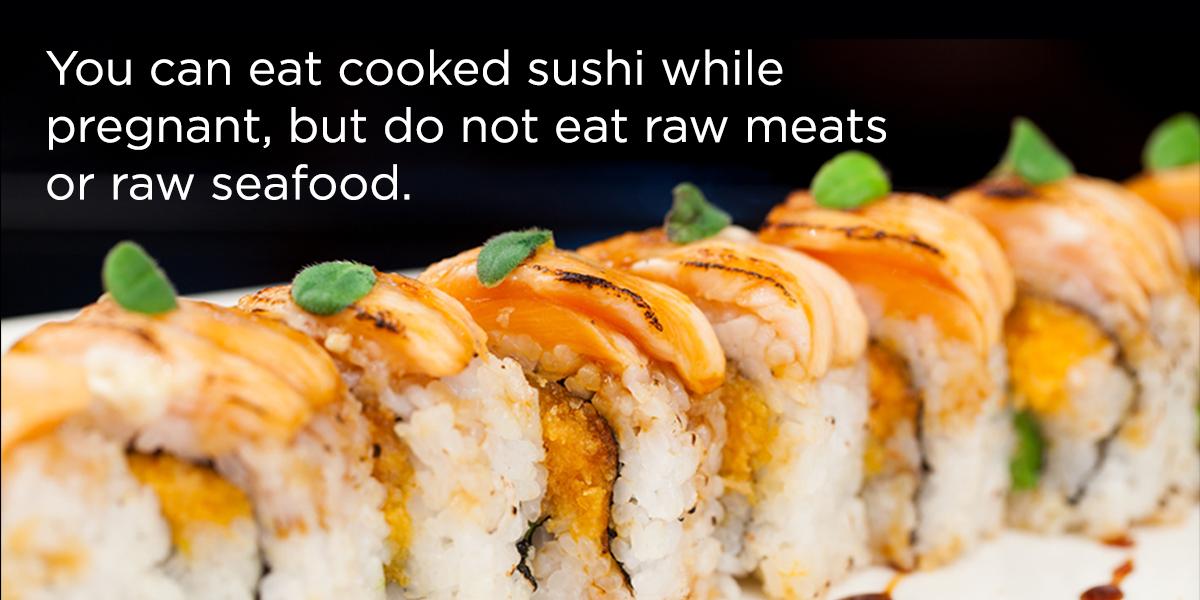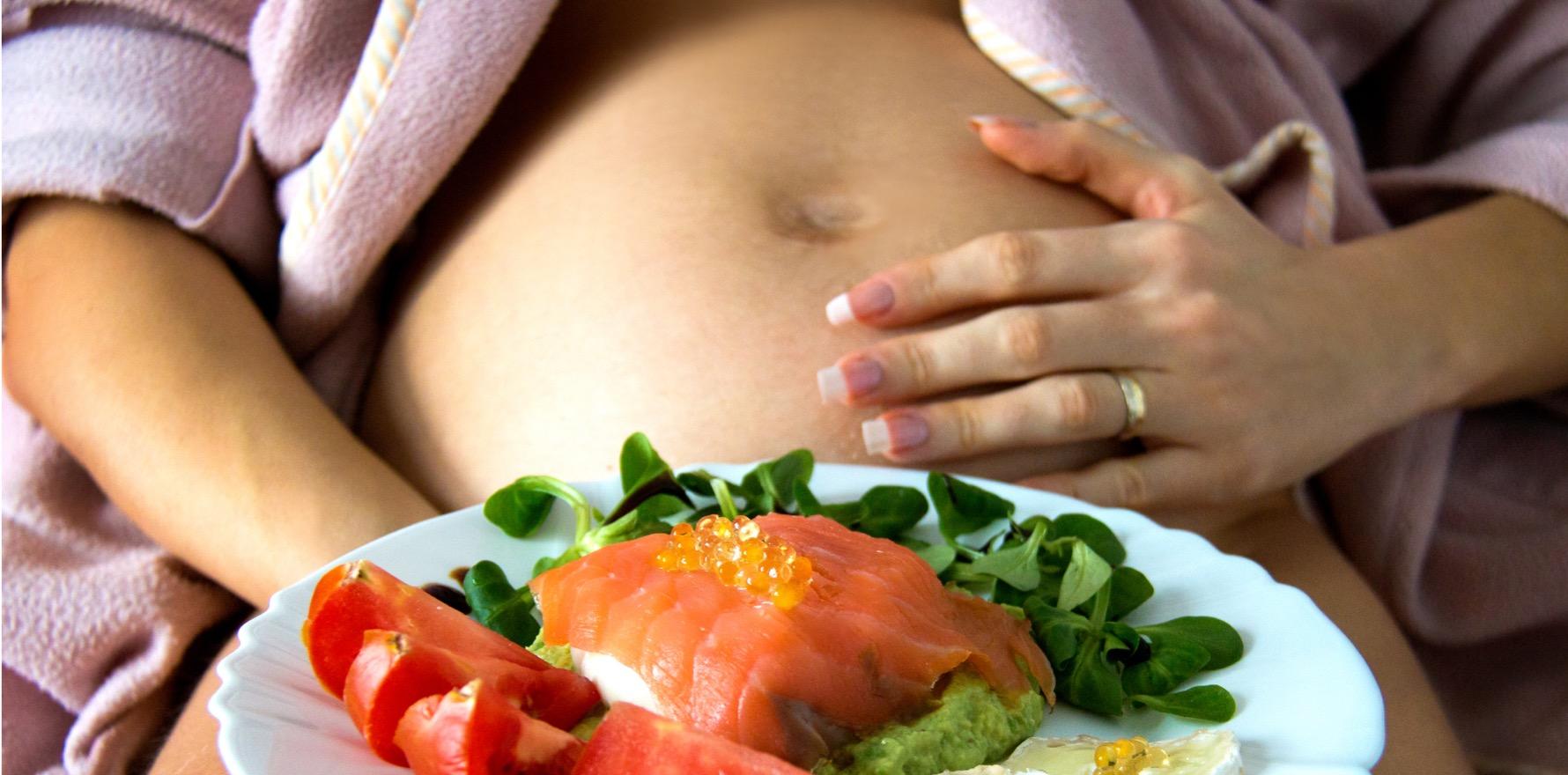Many pregnant women are advised to avoid seafood due to the potential hazards of mercury. However, shrimp has a low level of mercury and can safely be eaten by most pregnant women.
Caution should always be exercised when eating seafood; make sure it has been fully cooked and served without any additional ingredients. For instance, if you choose shrimp cocktail or tempura shrimp, ensure they are fully cooked without being covered in sauces or additives.
It is a good source of protein
Protein is an essential nutrient for pregnant women. It aids in cell growth and repair as well as producing antibodies that protect the baby.
Protein needs during pregnancy rise dramatically, so to make sure you get enough, divide your pre-pregnancy weight by two and estimate how many grams of protein you should consume each day.
Protein intake during pregnancy not only helps support healthy blood pressure and encourages a baby’s healthy birthweight, but it can also combat iron-deficiency anemia – an issue common during this period.

Shrimp is an excellent source of protein, providing seven grams in just one ounce. Plus, it’s low in fat and packed with essential nutrients for mom and baby like selenium, iodine, and choline.
It is a good source of iron
Pregnant women need ample amounts of iron for their growing babies. Low iron levels can lead to anemia, which may manifest as fatigue and weakness.
To prevent anemia, it is essential to incorporate plenty of iron-rich foods into your diet. Protein sources like red meat, poultry and fish are particularly high in iron as are various vegetables, legumes and fruits.

Shrimp is an excellent source of iron and is suitable for pregnant women to eat. It boasts a high protein content with nearly 20 grams of protein in three ounce serving.
It can be prepared in a variety of ways and is an irresistible snack or meal. Plus, it’s packed full of omega-3 fatty acids for added health benefits!
It is a good source of selenium
Pregnant women require a high intake of selenium to aid the development of their fetus and maintain a healthy pregnancy. Low levels of this essential nutrient may lead to miscarriage or other pregnancy-related issues.
Selenium supplementation can protect the body from free radical damage that could lead to chronic health issues. It has been known to slow down cancerous growths by activating antioxidants and encouraging healthy DNA production.

Additionally, vitamin E helps reduce inflammation and oxidative stress in the body, increasing your chances of living a longer, healthier life.
Selenium can be found in a variety of foods, such as Brazil nuts, chicken, turkey, fish and brown rice. Unfortunately, certain conditions like gastrointestinal disorders make it difficult for the body to absorb this nutrient from food sources.
It is a good source of omega-3 fatty acids
Pregnant women typically consume 8 to 12 ounces of seafood per week, including low mercury fish like shrimp, clams, salmon, tuna, mackerel and sardines.
Shrimp are an excellent source of protein and iron, as well as omega-3 fatty acids – essential nutrients during pregnancy. Studies have demonstrated that these fats may reduce the risk of premature birth or preeclampsia, enhance brain development, and increase fetal weight.
However, it’s essential to avoid fish that contain high levels of mercury during pregnancy. Other foods rich in omega-3 fatty acids include flaxseed, walnuts, and olive oil.
Shrimp is generally safe for pregnant women to eat, provided it has been fully cooked. However, experts advise that pregnant women only eat shrimp once a week and not in excess.
